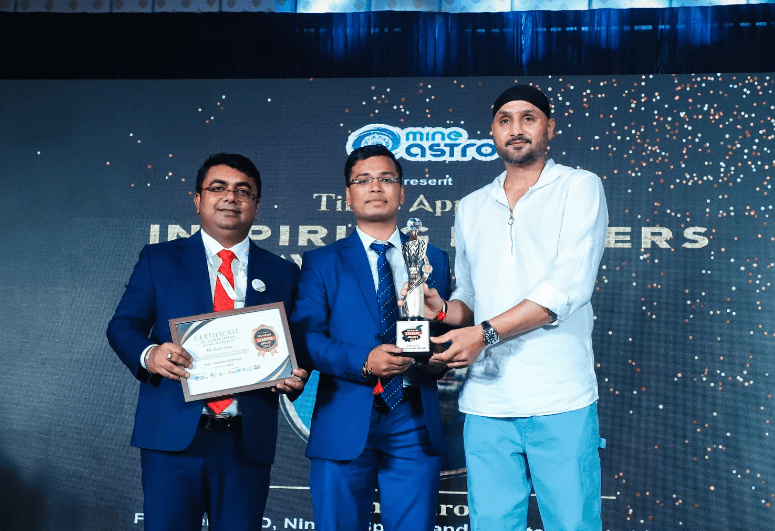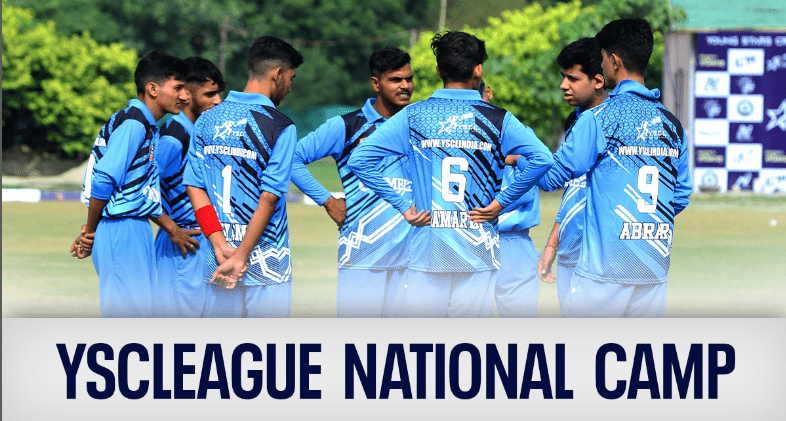‘Before Stokes and McCullum, we only won one game out of 17’: The cult of Bazball can thrive as long as it inspires football ultras-like allegiance.

The margin of defeat was definitive. 4-1. The aura felt gone. The Bazballers had arrived on these shores touted as serious foes. But eight weeks later, they shared the same fate as any other Test side to visit India over the past decade. But was it enough to sway away the believers of Bazball? Not so soon.
“From a fan perspective, I love it,” Simon Finch, The Barmy Army’s lead trumpeter since 2020. “Before Stokes and McCullum, we won only one game out of 17. England are a much-improved side and I think they will continue to improve, and no matter what, we will be there supporting them.” But while Finch’s Bollywood renditions at Indian venues may have been a big hit, England’s cricket was anything but.
“It’s wanting to be a better player,” captain Ben Stokes suggested at the end of the series. Cult, however, was the term former English skipper Nasser Hussain had used to describe the side after the Rajkot routing. “At times, Bazball in this regime has been described as a cult where you cannot criticize, either within or externally.”

It has been one of the cornerstones for Stokes and McCullum since they took over the charge of the dressing room in the summer of 2022. No pointing fingers at each other, only good vibes. Crusty old quotes from former players, media and critics aren’t paid heed to, no matter the result. Winning, as has been said over and over again, isn’t even the most important thing. A novice concept it may sound in contemporary sport, especially coming from a player, but there is a basis for the somewhat inconceivable idea in the dominion of club football.
Ultras in football
The term Ultras in football is associated with fans who have turned fanatics, with an unhinged devotion for their football club. While their history has been blood soaked, especially in Italy, due to their association with violence and gang wars, such is their support for the club that the Ultras, typically seated behind the goals, are able to garner the attention of the management as well as the players. Not to say that the silverware isn’t valued but it’s the one-tracked, almost regimented support of the club through thick and thin which characterizes an Ultra. Nowhere flaunted more proudly, even in 2024, than in the heart of Berlin.
Hertha and Union – the two most popular clubs in the capital, which grew on either side of The Wall – have a more understated identity compared to Germany’s more globally recognized clubs such as Bayern Munich and Borussia Dortmund. There were even a couple of years when the capital city of Germany did not even have a club in the top flight. But a thriving football culture is deep rooted in the city.
“If you want to define culture as being about success and being about titles and being about numbers and industry, f**k off. Then you have to go to Bayern Munich or Borussia Dortmund,” rapper Liquit Walker, a lifelong Union Berlin fan, had once told Copa90. “But if you want to see real culture, real football culture, this is the place to be.”



